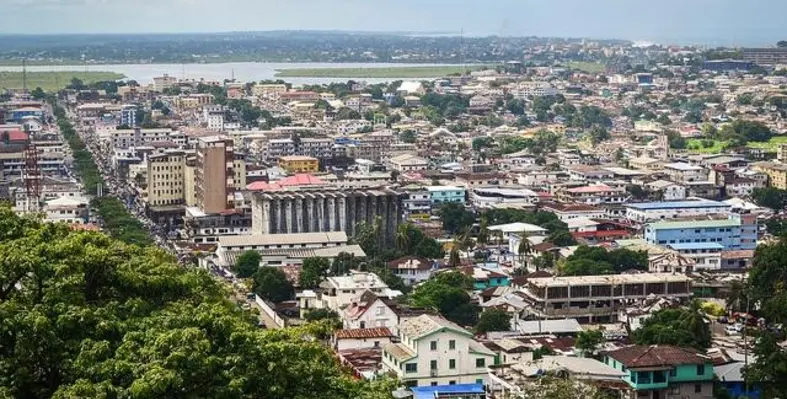The Economic Community of West African States’ (ECOWAS) Single Currency Programme, expected to become a reality in 2020, must not be postponed again
Member nations need to be aware that if they do not sufficiently grow their economies by boosting manufacturing and services, true regional co-operation and integration, including a single currency, are unlikely to happen. This does not mean just producing and exporting raw materials, but adding value and improving quality and packaging to meet international standards, so they can compete globally.
Plans to implement a single currency in West Africa by ECOWAS – the 15-member group of 15 West African countries – shifted from an initial launch date of 1 January 2015 to 2020 owing to what the group called non-fulfillment of financial responsibilities by member countries.
The ECO is the proposed name for the common currency that the West African Monetary Zone (WAMZ) plans to introduce in the framework of ECOWAS. After its introduction, the goal is to merge the new currency with the West African CFA franc (used by the French-speaking members of ECOWAS since 1945) at a later date. This will create a common currency for much of West Africa.
WAMZ member countries include Gambia, Ghana, Guinea, Nigeria and Sierra Leone. They initiated the plan to share a single currency in 2000, following the Accra Declaration and the Bamako Accord in the same year.
The launching of WAMZ will complement that of the West African Economic and Monetary Union (UEMOA), made up of Benin, Burkina Faso, Cote d’Ivoire, Mali, Niger, Senegal, Togo and Guinea Bissau, which was created in 1994.
Two ECOWAS member countries, Liberia and Cape Verde, currently are not members of either monetary union. However, according to the Convergence Council, they are at liberty to “join one of the West African monetary zones and the ECOWAS Monetary Co-operation Programme for the realisation of the single currency initiative.”
Before the ECO becomes operational, the West African Monetary Institute (WAMI) has set out 10 criteria that must be met: the Four Primary Convergence Criteria and Six Secondary Convergence Criteria.
The four primary criteria to be achieved by each member country are: a single-digit inflation rate at the end of each year, a fiscal deficit of no more than four per cent of GDP, a central bank deficit-financing of no more than 10% of the previous year’s tax revenue, and gross external reserves that can give import cover for a minimum of three months.
The six secondary criteria to be achieved by each member country are: prohibition of new domestic default payments and liquidation of existing ones, tax revenue should be equal to or greater than 20% of GDP, wage bill to tax revenue equal to or less than 35%, public investment to tax revenue equal to or greater than 20%, a stable real exchange rate and a positive real interest rate.
The presidents of Ghana, John Mahama, and Niger, Mahamadou Issoufou, were mandated by ECOWAS in October 2013 to spearhead the sub-region’s efforts towards a single currency and monetary union by January 2020.
President Mahama, who previously was chairman of ECOWAS, said earlier this year at a review meeting in Niamey, Niger, “There will be no room for excuses, and, especially, as political leaders, our people will not appreciate any further excuses. We have a really busy schedule and timelines to meet before the 2020 launch of the ECOWAS monetary union and introduction of a single currency.”
He called for fast tracking of some of the necessary processes. “The process towards the establishment of the proposed ECOWAS Monetary Institute must start now in order to have the working group ready ahead of June 2015 as contained in the roadmap.”
“There can be no better time than now to boost trade among our countries, and a single currency will more than facilitate business transactions among our people,” he said.
Emmanuel Yartey





